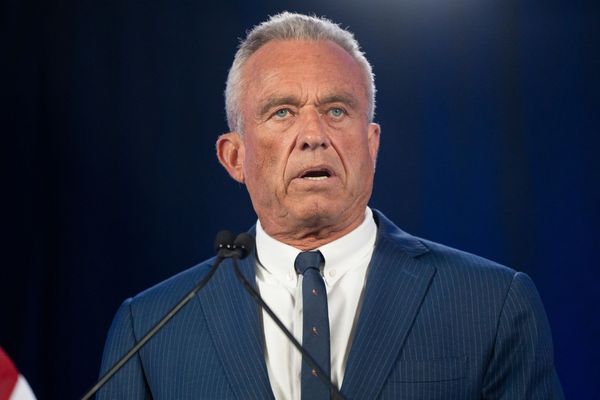
Washington (AFP) - The US Supreme Court agreed on Monday to hear a case that could have far-reaching implications for the regulatory authority of federal agencies.
At issue is a 1984 ruling by the nation's highest court known as the "Chevron Doctrine" that says courts should defer to the government agencies' interpretation of ambiguous federal laws.
The conservative-dominated court has moved in several recent cases to curtail the power of federal regulatory agencies when it comes to the environment, for example, and the new case could result in further limitations on their power.
The case stems from a requirement that herring fishermen in New England provide space onboard their vessels for federal observers from the National Marine Fisheries Service (NMFS).
Several fishing companies, in their petition to the Supreme Court, complained that they are being effectively forced to pay for the federal observers who are monitoring their operations.
The NMFS is requiring them to "foot the bill for the salaries of the monitors" without any "express statutory authorization" from Congress, they said.
A split appellate court ruled that the NMFS program was authorized under the "Chevron Doctrine" and the fishing companies petitioned the Supreme Court to weigh in on the case.
Conservatives fighting regulation of industry have notched up a number of recent victories in the Supreme Court, which has six conservative justices and three liberals.
In June, the court ruled that the government's key environmental agency cannot issue broad limits on greenhouse gases, sharply curtailing the power of President Joe Biden's administration to battle climate change.
By a majority of 6-3, the court found that the Environmental Protection Agency did not have the power to set sweeping caps on emissions from coal-fired power plants.







